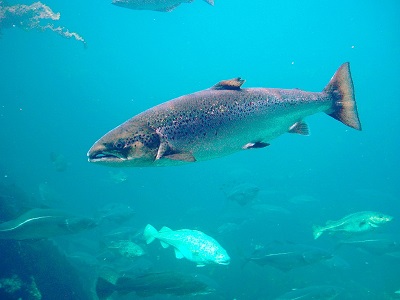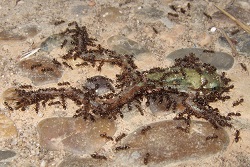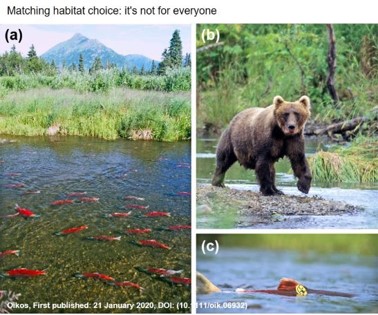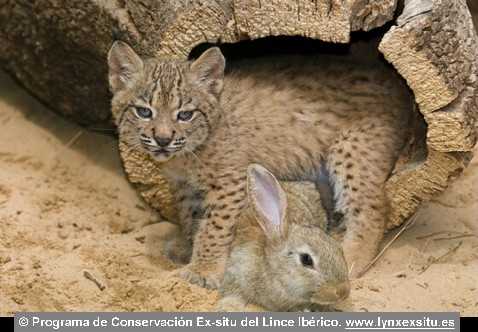
Welcome
Welcome to the official website of the Doñana Biological Station (EBD-CSIC)...

The Doñana Biological Station: EBD-CSIC
The Doñana Biological Station is a public Research Institute belonging to the Spanish Council for Scientific Research CSIC in the area of Natural Resources...

Mission
Our fundamental mission is to carry out multidisciplinary research of the highest standard directed to understanding the way in which biodiversity is generated, maintained and deteriorates, as well as the consequences of its loss...

Our methods
We apply many techniques within a multidisciplinary framework, from molecular genetics to remote sensing, and from modelling to physiological and isotopic analyses...

Monitoring the environment
Monitoring biodiversity at the Doñana Natural Space cover a wide range of communities, including both terrestrial and aquatic organisms...

Aims
Our aims include the study of the ecological and evolutionary processes by combining field work, mathematical and statistical models and physiological and genetic analysis...
 Outstanding
Outstanding
-
 The specialized diet of fish and birds can make them vulnerable to river degradation
The specialized diet of fish and birds can make them vulnerable to river degradation -
 The Atlantic trade winds regulate the arrival of migratory birds to the Canary Islands and the reproduction of falcons
The Atlantic trade winds regulate the arrival of migratory birds to the Canary Islands and the reproduction of falcons -
 High potential of Argentine ant to harm amphibian juveniles
High potential of Argentine ant to harm amphibian juveniles -
 The costs of mischoosing are not uniform across individuals
The costs of mischoosing are not uniform across individuals -
 Benefits of restoring apex predator populations
Benefits of restoring apex predator populations
 News
News
Content with tag predator-prey interaction .
 The specialized diet of fish and birds can make them vulnerable to river degradation
The specialized diet of fish and birds can make them vulnerable to river degradation
The results show that water invertebrates constitute a big part of its diet. The loss of these invertebrates could be one of the reasons for the disappearance of trout, salmon and river birds.





